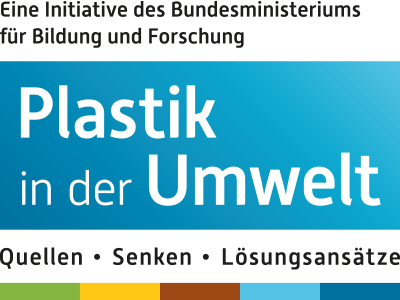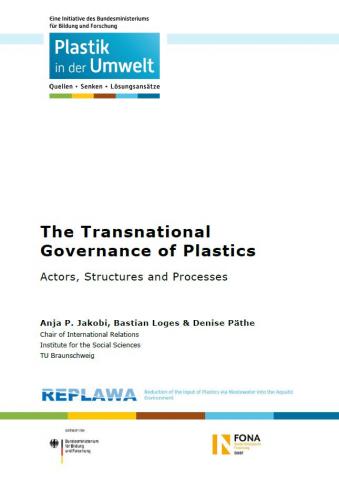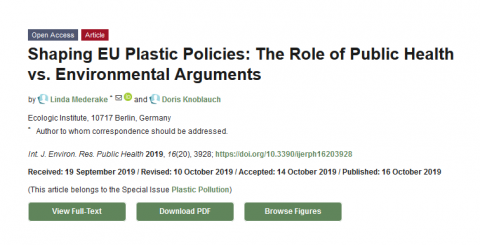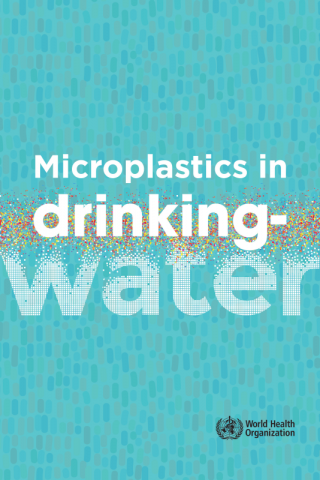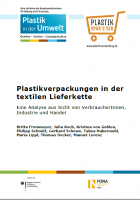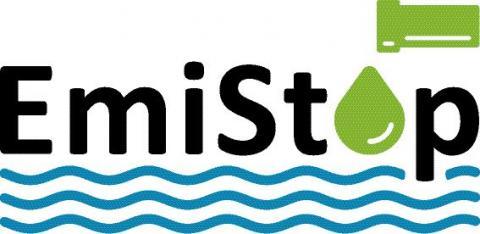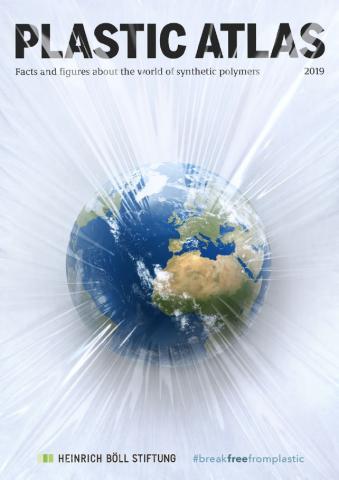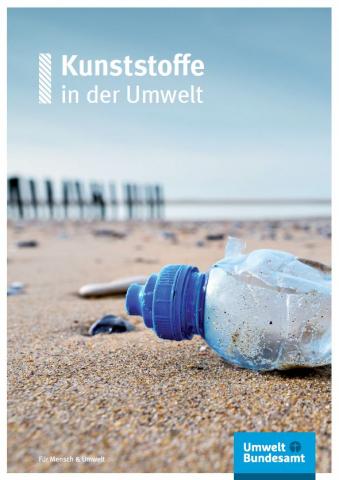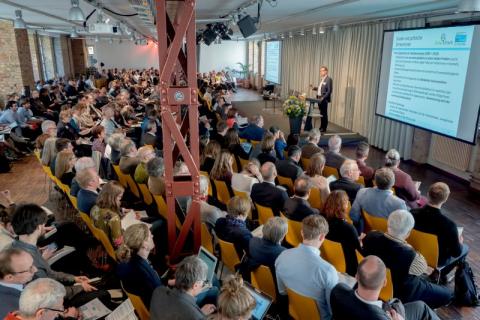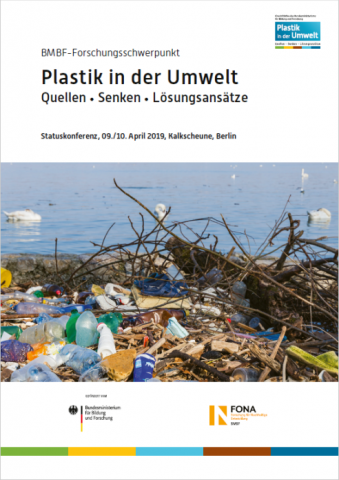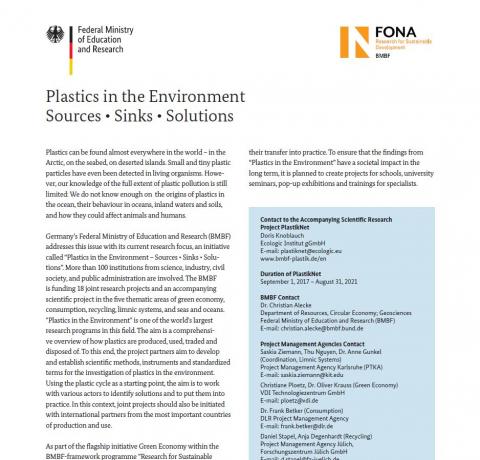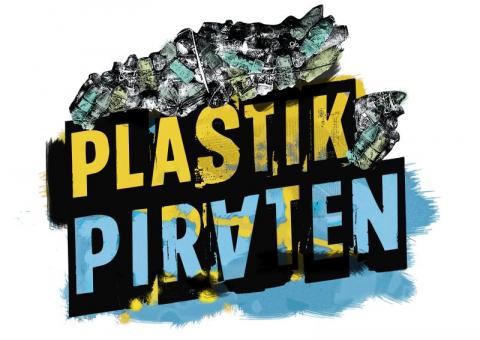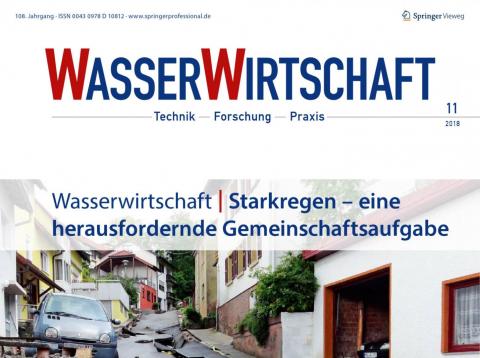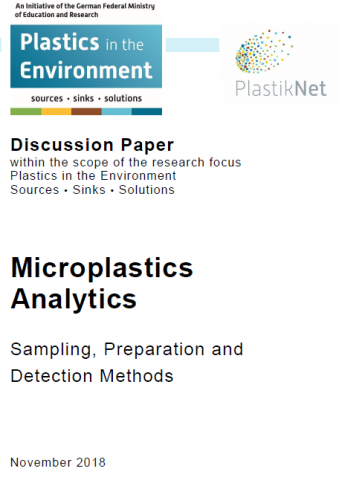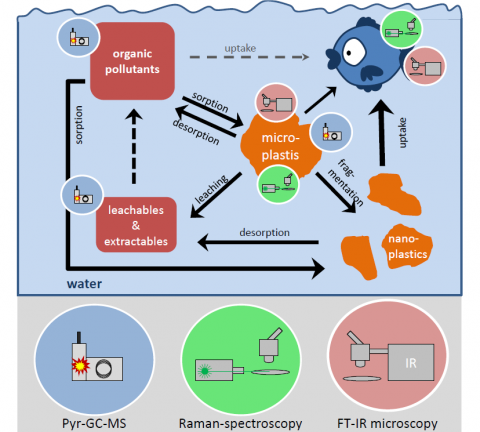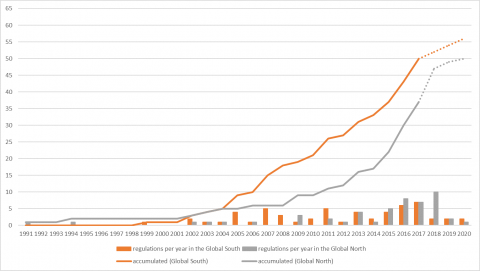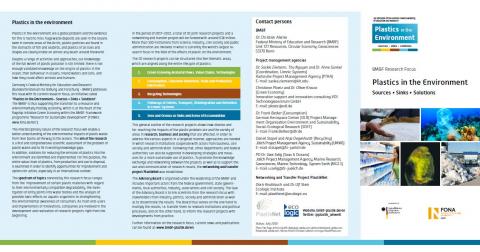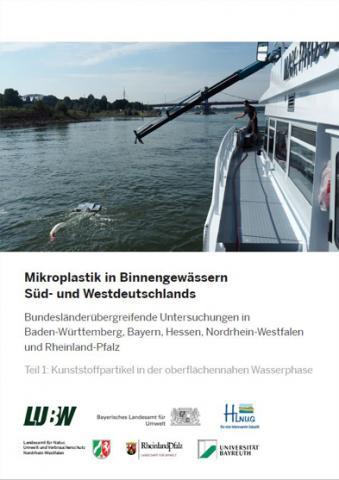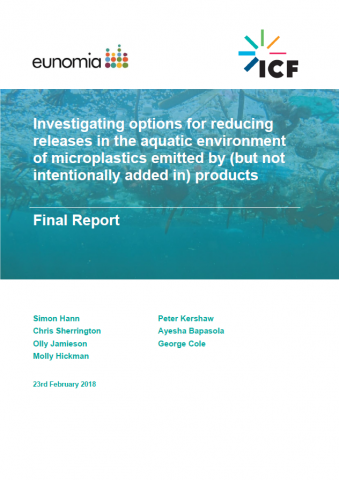Publications
This discussion paper presents the first findings of the joint research project VerPlaPoS on packaging in the textile industry and its supply chain.
Plastics have become an indispensable part of our everyday lives. Plastic products make a lot of things easier, but they also endanger our health and flood our planet with garbage. The Plastic Atlas offers data and facts about a world full of plastics. In 19 chapters, it sheds light on very different aspects of plastics, each of which is illustrated with infographics.
At the status conference of the BMBF research focus "Plastics in the Environment – Sources • Sinks • Solutions", the coordinators of the joint research projects presented their research plans and interim results.
The pollution caused by plastics in the environment is constantly growing and is receiving increasing public attention. The research focus "Plastics in the Environment" funded by the German Federal Ministry of Education and Research (BMBF) is designed to address the still insufficient state of knowledge.
Here you can find all project sheets of the Joint Projects in one document. It is available for download.
Rivers are an important source of marine anthropogenic litter, but the particular origins of riverine litter itself have not been well established. Here we used a citizen science approach where schoolchildren examined litter at riversides and identified possible sources at over 250 sampling spots along large and small rivers in Germany, during autumn 2016 and spring 2017.
The article "On the Trail of Plastics" provides an overview of the activities of the research focus "Plastics in the Environment - Sources • Sinks • Solutions" and explains which open questions are to be answered by the activities of the funded projects. In addition, the individual focal points and joint projects are listed and described in more detail.
Ecologic Institute designed a promotional flyer in 4-fold flyer format as part of the visual identity for the project "Plastics in the Environment – Sources • Sinks • Solutions." The flyer summarizes the general objectives and aims of the project, contains a list of partners and contact information and is styled according to the project style-guide.
Between 2014 and 2017, a research group at the University of Bayreuth led by Prof. Dr. Christian Laforsch gathered and analysed water samples from 22 rivers, mainly in the catchment area of the Rhein and Donau (Danube) rivers.
This report has been prepared for the European Commission by ICF in association with Eunomia and partners.
The objectives of the study were to:
